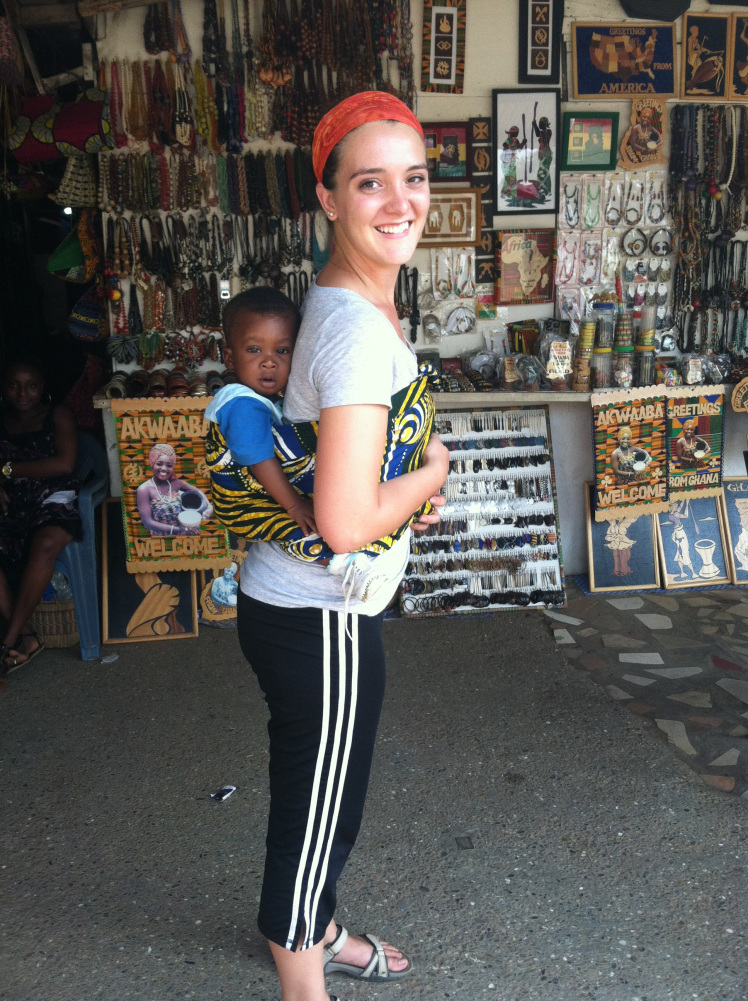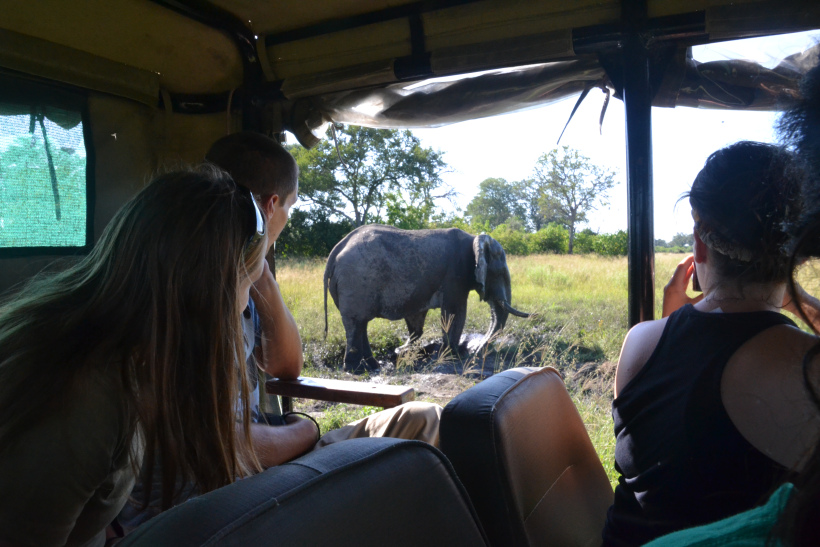You are about to leave for your study abroad program. That terrible feeling sets in! You’ve forgotten something! Most likely you haven’t, but you are freaking out none the less. Don’t worry, your ever so helpful study abroad Program Officer is here to save the day (or at least try)!
Below is a list of things that you should think to bring with you when you study abroad in Africa. These tips can also be applied to other countries, however some are region specific. Also, some things are ISEP-specific, so if you aren’t an ISEP student then just ignore!
Tip: Always carry around a copy of your passport when traveling. Never carry around the real thing…keep that safe and locked up.
1. Bring Copies of All Important Documents
- Don’t forget your passport (but also 3 copies of it). Leave one copy at home with your loved ones. We will have a copy at ISEP too. When going out, keep your passport at home and carry a copy of your passport in your wallet.
- Copy of your vaccination history/medical record (Yellow cards are GREAT!) - Local ID card (Driver’s license + 1 copy)
- Copy of a bank statement (Why? You may be asked to show proper funds to stay in the country and you can NEVER be too prepared)
- Emergency contact information (On a small card, write down your ISEP Coordinators’ emergency contact numbers, your ISEP Program Officer contact information, a “buddy”, etc.). You can also create a duplicate digital copy in the notes section of your smart phone if you plan to bring it.

Tip: If you take prescription medicines, bring enough to last your entire trip. You might not be able to get them in your host country, and you don’t want to run out.
2. Prescription Medicines and Feminine Products
- Prescription medicines to last the entire length of your stay (For any prescriptions that require refrigeration, please contact me ASAP so that we can make sure that you have access to a refrigerator)
- Medical alert emblem (If you have a specific medical problem/life threatening allergy)
- Tampons (Especially if you are used to plastic applicators vs cardboard because you might not be able to find them)
3. Electronics
- Cell phone (unlocked with SIM card capabilities if you plan to purchase a SIM card in your host country)
- Laptop (All ISEP Africa locations offer Wifi capabilities)
- Laptop lock
- Downloaded movies/TV shows (For those nights when you get a little lonely and need a little taste of home! Also, your wifi may not allow you to stream TV/movies)
- Two padlocks (one for your door, one for your closet – A bike lock might actually be helpful to lock your closet as well)
- Converters (Two Prong Round Plug & 3 Prong UK Plug)
- E-reader (it is lighter and will allow you to bring more books on your trip without paying airline luggage overweight fees).
Tip: Make sure you bring clothing for hiking in hot weather, but also layers for sudden temperature drops.
4. Clothing and Accessories
- “Going out” clothing (Nightlife is great in these cities!)
- Cotton clothing (Layers are good – often a large shift in temperature from day to night)
- Hiking clothing & shoes
- “Nicer” outfits for class (Locals dress more professional for class in this region)
- Your favorite brands (make-up, skin-care, snacks, etc. – you might not be able to find the same brands that you can find in your home country.)
- Water bottle
- Twin sized sheets (even if your IIS says sheets are provided – I’d still bring your own)
- One towel (you can buy more there)
- Sandals & closed-toed shoes (If you have larger feet, don’t count on finding your size in these countries)
- Flashlight, headlamp or rechargeable camping light
- Bag with a zipper
5. ISEP Paperwork
- ISEP PPAF
- ISEP IIS (Institutional Information Sheet)
- ISEP Health Insurance Cards (You can download these at anytime)
Tip: Pack a camera to capture your travels. When you return, sometimes it is difficult to explain what you have experienced. Photos can be a big help.
6. Items to Document Your Time Abroad
- Journal (start journaling right away! It’s the best way to remember your trip, and it’s really interesting to look back at your emotional journey as well!) If you want to lighten your load, create a blog instead. Here is a list of best blogging platforms (2015 edition).
- Camera (Check out National Geographic’s “Top 10 Compact Cameras for Travelers”)
- Selfie stick (for that panoramic photo you’ve always wanted. If you plan to use your cell abroad, here’s a list of best selfie stick options for smart phones).
Want more tips and advice? Send me an email (lmoats@isep.org) or tweet me at @ISEPLindsay.
*Lindsay Moats is ISEP’s Program Officer for Africa and the Middle East, France and Belgium.
Like this Story? Also like us on Facebook.


